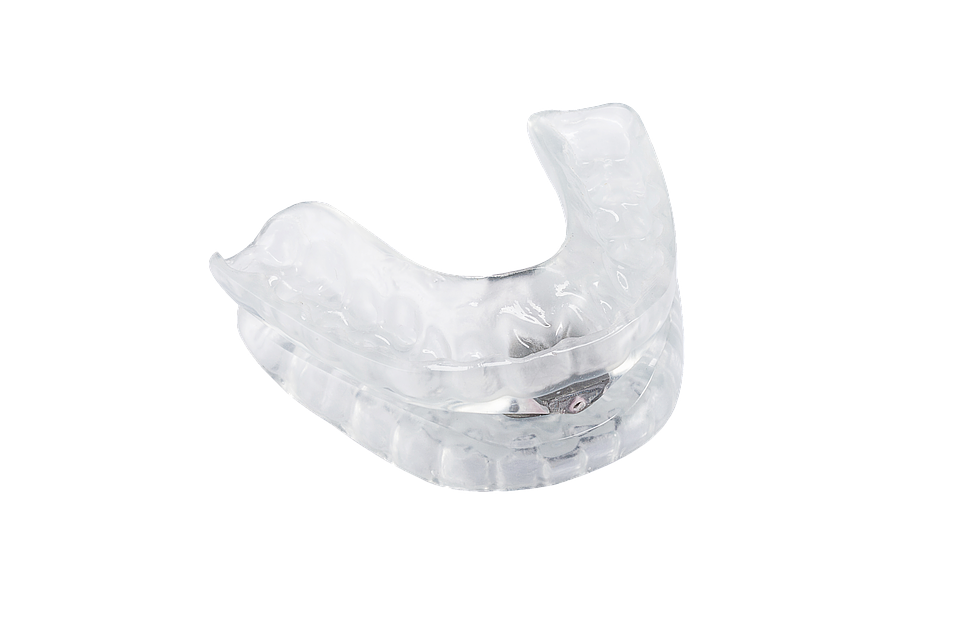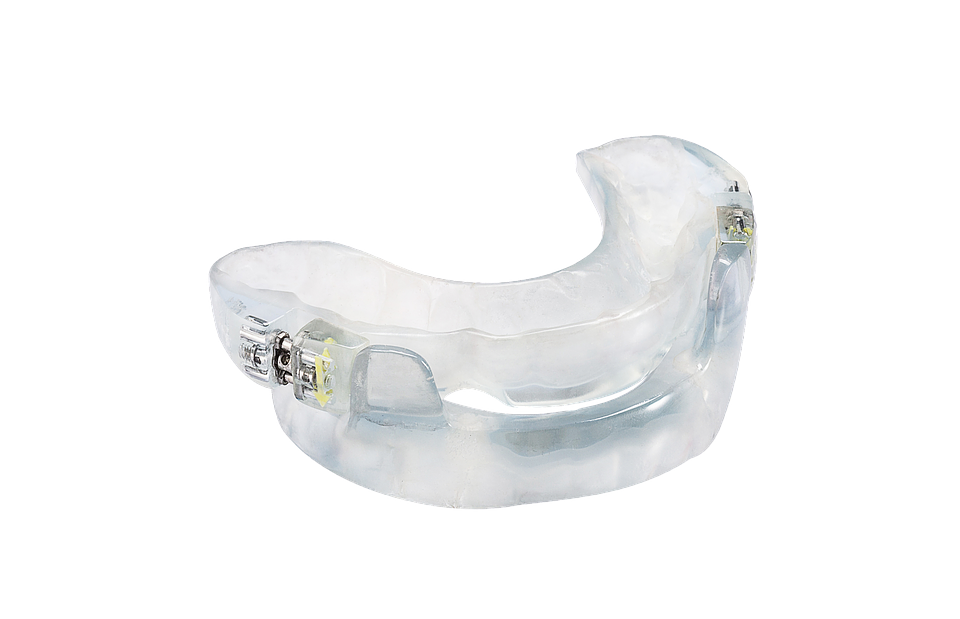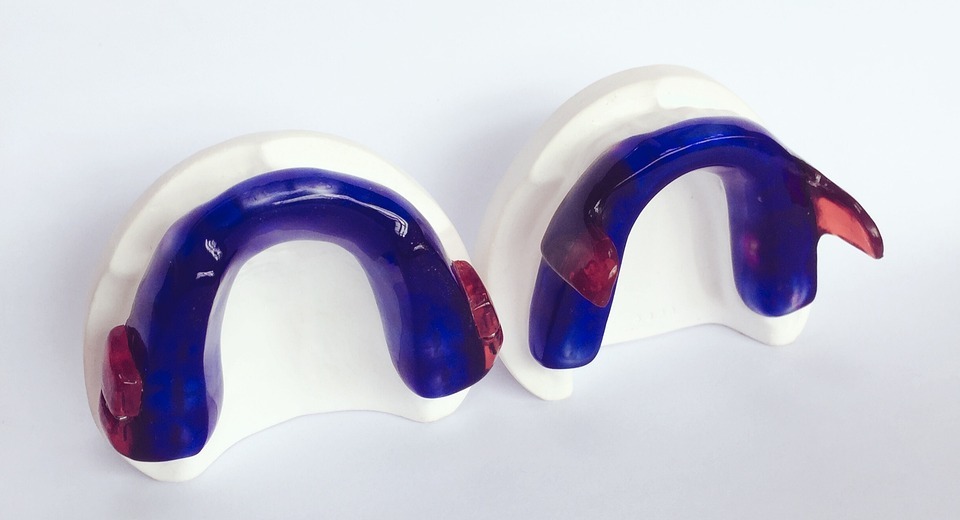Have you ever woken up in the night to the sound of your feline companion snoring? While it's often a source of amusement, cat snoring can also be a sign of underlying health concerns. This article dives deep into the fascinating world of feline sleep sounds, exploring the reasons why cats snore, the different types of snores, and when it's time to seek veterinary advice.
Part 1: The Enigmatic World of Cat Sleep

1.1. The Importance of Sleep for Cats
Cats are obligate carnivores with a unique sleep-wake cycle. Sleep plays a vital role in their physical and mental well-being. Just like humans, cats require adequate sleep for their bodies and minds to function properly.
- Physical Restoration: Sleep allows cats to rebuild their muscles, repair tissue damage, and conserve energy for hunting and play. This process is crucial for their overall health and vitality.
- Mental and Emotional Well-being: During sleep, cats process information, solidify memories, and regulate their emotions. This helps them cope with stress, stay alert, and make informed decisions throughout the day.
- Immune System Boost: Sleep is vital for a healthy immune system. Adequate sleep allows the body to produce essential cells and proteins that protect against illness and disease.
1.2. The Stages of Cat Sleep
Cats spend a significant portion of their day sleeping, averaging 12-16 hours per day. Their sleep cycle is characterized by two distinct phases:
- Rapid Eye Movement (REM) Sleep: This stage is marked by rapid eye movements, twitching whiskers, and occasional vocalizations. This is the stage where cats experience vivid dreams and exhibit muscle twitches or even full-body movements as if they are chasing prey or grooming themselves. REM sleep is also the stage where snoring is most common.
- Non-REM Sleep: This stage is further divided into three sub-stages:
- Light Sleep: This is the easiest stage for cats to be woken from. They may twitch their ears or muscles and exhibit slight movements.
- Deep Sleep: Cats in this stage are harder to wake and show little to no movement. Their breathing slows down and their heart rate drops.
- Very Deep Sleep: This is the deepest stage of sleep, characterized by a complete lack of muscle activity, slow breathing, and a relaxed jaw. It is during this stage that cats are most vulnerable to disturbances.
Part 2: Understanding Cat Snoring

2.1. The Anatomy of Cat Snoring
Cat snoring is often associated with anatomical factors that make it more likely for them to snore compared to other animals.
- Narrow Nasal Passages: Cats have a naturally narrow nasal passage, which can be easily blocked during sleep. This narrowness can be further accentuated by inflammation due to allergies or infections.
- Soft Palate: Some cats have a soft palate that can partially obstruct the airway during sleep, causing vibrations as air passes through.
- Brachycephalic Breeds: Brachycephalic cats (those with flat faces) like Persians and Himalayans are predisposed to snoring due to their shortened nasal passages and deformed facial structures.
2.2. Why Cats Snore: The Underlying Causes
While some cats are more prone to snoring due to their anatomy, various factors can contribute to the phenomenon.
- Airway Obstruction: During REM sleep, muscle relaxation can lead to airway narrowing, causing vibrations as air passes through the obstructed passage.
- Allergies and Infections: Inflammation of the nasal passages caused by allergies, infections, or even irritants like dust and pollen can obstruct airflow and trigger snoring.
- Obesity: Excess weight can put pressure on the airway, making it harder for cats to breathe and increasing the likelihood of snoring.
- Upper Respiratory Infections: Infections like feline upper respiratory tract infection (Feline URI) can cause swelling and inflammation in the nasal passages, resulting in snoring.
- Polyp or Tumour: In rare cases, a nasal polyp or tumour can obstruct airflow and cause excessive snoring.
Part 3: Types of Cat Snores

3.1. Identifying the Different Sounds
Cat snores can vary in intensity and sound, offering clues about the underlying cause.
- Soft Snoring: A gentle, rhythmic sound, often barely audible. This type of snoring is typically associated with mild airway obstruction or normal sleep patterns.
- Loud Snoring: A distinct and often jarring sound, indicating more significant airway obstruction. This may be caused by factors like allergies, infections, or obesity.
- Raspy Snoring: A rough, grating sound, suggestive of inflammation or irritation in the nasal passages. This could indicate a respiratory infection or allergies.
- Snorting: A sudden, explosive sound, often accompanied by a jerky movement of the head. This may be associated with a foreign object in the nasal passages or a severe obstruction.
Part 4: When Should You Worry About Cat Snoring?
4.1. Recognising Potential Health Issues
While occasional snoring is often harmless, there are certain signs that suggest it might be linked to a health problem.
- Excessive Snoring: If your cat snores loudly and frequently, especially during the day, it could indicate a serious airway obstruction or an underlying health condition.
- Difficulty Breathing: If your cat struggles to breathe, makes unusual noises while sleeping, or seems to be gasping for air, seek veterinary attention immediately. This could signal a life-threatening condition.
- Weight Loss or Lack of Appetite: These symptoms could indicate a respiratory or digestive condition that is affecting your cat's ability to breathe and eat properly. Snoring might be a secondary symptom of a more serious health issue.
- Discharge from the Nose or Eyes: Discharge from the nose or eyes can be associated with allergies or infections that are causing nasal congestion and snoring. This is a clear indication of a health problem that needs attention.
- Snoring with a Change in Behaviour: If your cat's snoring is accompanied by a sudden change in behaviour, such as lethargy, loss of interest in play, or a decreased appetite, it is essential to seek veterinary care.
Part 5: When Cat Snoring is Normal
5.1. Distinguishing Normal from Abnormal
Not all cat snoring is a cause for concern. In many cases, it's simply a natural part of their sleep cycle.
- Occasional Snoring: Occasional snoring, especially during REM sleep, is often normal and harmless, particularly in healthy cats with no other symptoms.
- No Other Symptoms: If your cat only snores occasionally and shows no other signs of illness, it is likely nothing to worry about.
- Healthy Weight and Lifestyle: Maintaining a healthy weight and lifestyle can reduce the risk of snoring-related health problems. A balanced diet, regular exercise, and a stress-free environment can significantly reduce the chances of snoring becoming a concern.
Part 6: Managing Cat Snoring
6.1. Lifestyle Modifications for Snoring Relief
Making changes to your cat's lifestyle can sometimes help manage snoring.
- Weight Management: Maintaining a healthy weight can reduce pressure on the airway and improve breathing, making snoring less likely.
- Elevated Food and Water Bowls: Raising food and water bowls can help prevent swallowing air, which can contribute to snoring. This is especially important for cats with a predisposition to snoring.
- Regular Exercise: Exercise can improve lung capacity and reduce the likelihood of snoring by strengthening respiratory muscles and improving overall health.
- Stress Reduction: Providing a calm and comfortable environment can help reduce stress, which can exacerbate snoring in some cats. Creating a stress-free environment can make a difference in their overall health and sleep quality.
6.2. Environmental Factors that Influence Snoring
The environment in which your cat sleeps can also play a role in snoring.
- Humidifier: Adding moisture to the air can help alleviate nasal congestion and reduce snoring, especially in dry environments.
- Air Purifier: Removing allergens and irritants from the air can help reduce nasal inflammation and snoring, particularly in cats with allergies or sensitivities.
- Dust Mite Control: Dust mites are a common allergen for cats, so keeping their environment clean and dust-free can be beneficial in reducing snoring.
- Avoidance of Smoke and Chemicals: Exposure to smoke and strong chemicals can irritate the nasal passages and trigger snoring. Keeping your cat away from these irritants is crucial.
Part 7: FAQs
7.1. What can I do if my cat is snoring excessively?
If your cat is snoring excessively, it is important to consult with a veterinarian to rule out any underlying health issues. The vet can examine your cat and recommend appropriate treatment, which may include medications, surgery, or lifestyle changes.
7.2. Is it normal for kittens to snore?
Yes, it is not uncommon for kittens to snore, especially during REM sleep. Their nasal passages are still developing, and their breathing patterns are not fully mature. However, if you notice any excessive snoring or difficulty breathing in your kitten, it is important to seek veterinary attention.
7.3. Can I prevent my cat from snoring?
While you may not be able to completely prevent your cat from snoring, making lifestyle changes and addressing any potential allergens or health issues can help reduce the frequency and severity of snoring.
7.4. Does snoring affect my cat's sleep quality?
It is difficult to say for sure whether snoring affects a cat's sleep quality. However, if the snoring is loud and frequent, it may be disruptive to the cat's sleep, especially if it wakes them up or causes them discomfort.
7.5. What if my cat snores and has a runny nose?
If your cat is snoring and has a runny nose, it is likely suffering from a respiratory infection or allergies. It is important to consult with a veterinarian to diagnose the underlying cause and receive appropriate treatment.
7.6. Can I use a humidifier for my cat's snoring?
Yes, using a humidifier can help alleviate nasal congestion and reduce snoring, especially in dry environments. However, ensure the humidifier is appropriately placed and maintained to prevent any safety hazards.
7.7. What are some common reasons for cats to have a blocked nose?
Common reasons for cats to have a blocked nose include:
- Allergies: Allergens like pollen, dust mites, and mold can trigger inflammation and congestion.
- Upper Respiratory Infections: Viruses or bacteria can infect the nasal passages, causing inflammation and blockage.
- Foreign Bodies: Small objects like seeds, pieces of food, or toys can get lodged in the nasal passages.
- Tumors or Polyps: These growths can obstruct the nasal passages and cause breathing problems.
- Dental Disease: Infection in the teeth or gums can spread to the nasal passages.
Part 8: Final Thoughts
Understanding the reasons behind cat snoring can help you determine whether it's a cause for concern or simply a harmless quirk. While occasional snoring is often normal, excessive snoring or snoring accompanied by other symptoms should prompt a visit to the veterinarian. By understanding feline sleep sounds and taking proactive steps to manage potential health issues, you can ensure your cat enjoys a comfortable and healthy sleep.
Everyone is watching
-

Are Cat Ribs Flexible? Understanding Their Anatomy
CATS & KITTENSThis article delves into the fascinating world of feline anatomy, exploring the flexibility of cat ribs and ho...
-

Can Cats Eat Bananas? (Everything You Need to Know)
CATS & KITTENSThis article dives into the intriguing question of whether cats can safely enjoy the sweet, yellow fruit, bana...
-

Cat Lifespan: How Long Do Cats Live?
CATS & KITTENSThis comprehensive guide explores the factors influencing the lifespan of our feline companions, providing ins...
-

Can Cats Get COVID-19? What You Need to Know
CATS & KITTENSThis article will delve into the fascinating world of feline COVID-19 susceptibility. We'll explore whether ca...
-

Can Cats Eat Eggs? A Complete Guide to Egg Safety for Your Feline Friend
CATS & KITTENSWhen it comes to treating our furry companions, we all want to ensure we're doing what's best for them. Eggs...
